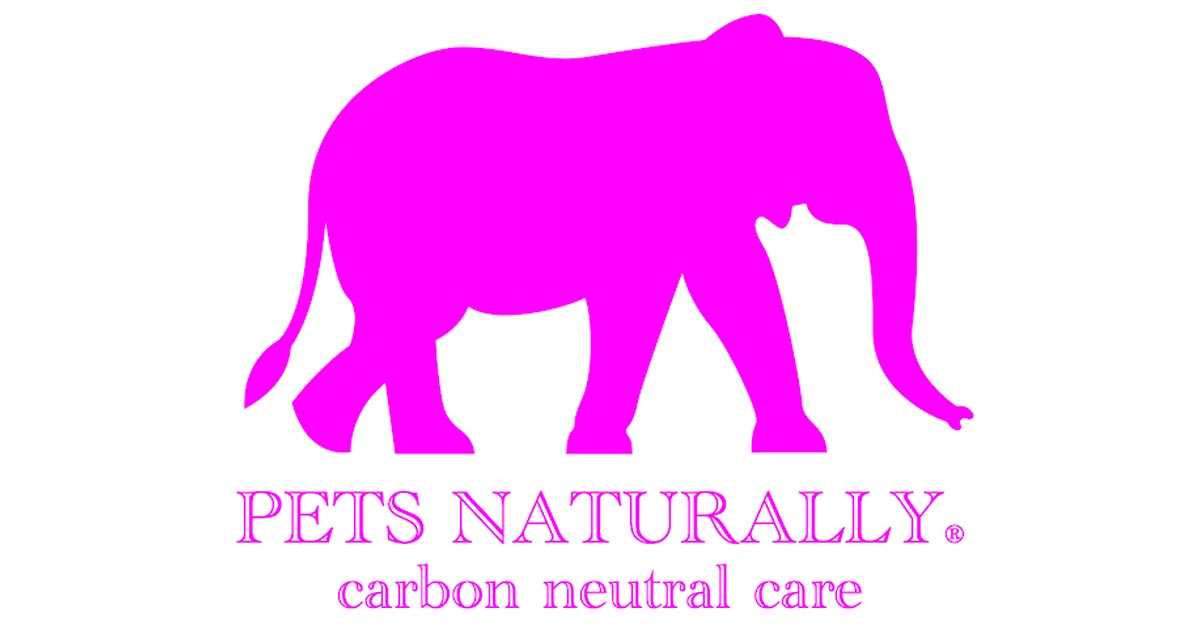Our carbon neutral supplements are formulated to provide better healthcare than the current leading brands with a greatly reduced impact on the Planet, and are specifically designed to promote conversations with pet owners on the sensitive topic of their pets’ carbon footprint while giving you an opportunity to showcase your clinic’s own sustainability plans.
Veterinary formulated, backed by rigorous scientific research and exclusively available through veterinary clinics, our carbon neutral products will send out a clear message to pet owners that, without compromising healthcare, a reduced pet carbon footprint is vital in the veterinary profession’s commitment to sustainability, both within the practice environment and beyond.
We believe that to help reduce carbon emissions associated with the care of our pets, manufacturers must end their reliance on the natural world for raw materials and work with suppliers who can track their supply chains, offer sustainable alternatives for packaging, and reduce the carbon emissions associated with shipping products worldwide. So we decided to look for alternatives and for companies around the world who could support us in our mission.
Here are just some of the ways we aim to make a difference:
Glucosamine
36% of people who take supplements take glucosamine. 80% of them recognise the benefits and 49% are influenced by sustainability concerns. With age, the inability to manufacture glucosamine may be the major factor leading to osteoarthritis.
Extensive preclinical and clinical research, including long-term double-blind studies, supports a rationale and role for glucosamine as a major consideration in the treatment of osteoarthritis.
Chitin is the raw material used to make glucosamine and extracting this from shellfish produces massive amounts of wastewater and solid waste.
It takes around 1.9 billion gallons (7 billion litres) of water to process enough chitin from shellfish to meet the global demand for glucosamine. By choosing a non-GMO corn-derived glucosamine such as Glucosagreen®, water use is reduced by 99.6% and solid waste by 98%. What’s more, it reduces related carbon emissions by 80%.
Watch the video (above) to learn more about Glucosagreen®
Omega 3
The majority of Omega 3 comes from wild-caught fish, mainly salmon and anchovies. These fish are the ‘middlemen’ in the production of Omega 3 since they do not produce it themselves but derive it from algae. We simply cannot continue to supply the world’s need for Omega 3 in this way.
In an attempt to find an alternative source of Omega 3, some companies have turned to fishing for Krill in the Antarctic Ocean, but Greenpeace has found that these companies are fishing in the immediate vicinity of penguin colonies and whale feeding grounds.
Whales travel thousands of kilometres to feed on the krill in these waters and consume more than 3 tons of krill a day. That’s 500kg per mouthful which represents 457,000 calories, equivalent to 200 times the calories they burn in the process.
We realised that if we were to fulfil our goals we needed an alternative and we found it in the unlikeliest of places – the whisky distilleries of Scotland!
Watch the video (below) to see how MiAlgae® are making a difference to Omega 3 production – and why we jumped at the chance to work with them.
Green Lipped Mussel
There’s just no getting away from it – Green Lipped Mussel is the go-to supplement of today for people and pets suffering from arthritis but not all GLM products are created equal.
Research has shown that the most biologically available and most active form of GLM is GLM oil. Most pet supplements using GLM on the market today, including leading brands, incorporate either freeze-dried powder or extracts, neither of which match the benefits of GLM oil.
In addition, all GLM products are produced in New Zealand where the mussels are farmed. There are advantages and disadvantages to this. Farming the mussels sequestres carbon dioxide and the mussels act as permanent carbon sinks capturing 146g of CO2. With one of the lowest carbon footprints of any protein food, Green Lipped Mussels have a carbon footprint of just 1.8kg CO2e per 100g of protein. Offsetting this remaining carbon footprint will enable us to offer the very best carbon neutral Green Lipped Mussel pet supplement on the market.
Products are currently undergoing testing – WATCH THIS SPACE!
Packaging
All our packaging has been designed either to be kept, recycled or composted and all our promotional material will be from renewable sources, with printed material being kept to a minimum. Any printing will utilise vegetable inks.
Fulfilment
The carbon emissions associated with fulfilment of orders will be reduced as far as we can and where we cannot the balance will be offset by purchasing carbon credits from sources that invest in nature and biodiversity. We have invited onto our board of directors an expert advisor in the field of carbon offsetting who previously has been an advisor to major institutions focussing on investment in ecologically responsible and sustainable projects.
All our products will be shipped using recyclable packaging from a carbon neutral supplier.
The story doesn’t end there…
Veterinary nurses have a major role to play in leading their teams towards a more sustainable future, which is why we’re launching our carbon neutral products at BVNA Congress this year. For every one of the veterinary practices that stock and recommend our products, we will be offering our support to the team responsible for sustainability within their clinic.
Join us at BVNA Congress and London Vet Show to find out more.
To attend our special presentations at these shows or to request further information, and be entered into a prize draw to win one of five CPD vouchers worth £250*, scan the QR code or click the link below.

* terms and conditions apply

Leave a Reply